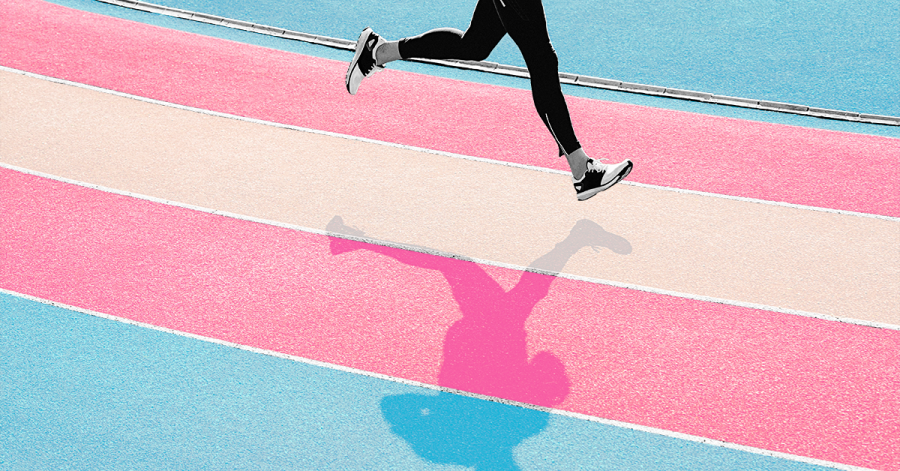The path to progress: Transgender athletes in the 2021 Olympics
Athens, Greece, 1896. Nearly 1,500 years after the final Olympic games, 280 athletes from 12 different countries gathered together for the first modern-day revival of the ancient tradition. Since then, the games have expanded into one of the most famous events in the world with thousands of athletes from across the world competing against each other
And now, the Olympics are expanding even further by allowing their first transgender athletes.
The International Olympic Committee (IOC) first created guidelines designed to regulate trans players in 2004 and were as follows:
- Athletes must have undergone sex reassignment surgery.
- Athletes must have legal recognition of their gender.
- The athlete must have been taking hormone therapy a minimum of two years before playing.
Though there were several problems with this set of regulations, the most glaring one was the legal recognition of the athletes’ gender. Acceptance of trans people varies from country to country, and in some, it is impossible to get their legal gender changed. It was even worse in 2004 since most of the groundbreaking laws passed in favor of trans people were created in the 2010s.
After backlash from activists, in 2015 the IOC reevaluated their guidelines and set forth a new set of rules: Transgender male athletes could play in the men’s category with no limitations or requirements. All requirements for sex-reassignment surgery and legal recognition were waived; however, transgender female athletes still had rules they had to comply with.
- The athlete must have been publicly identifying as female for at least four years.
- The athlete must have testosterone levels under a specific amount for at least a year before competing, and she must maintain that level throughout the competition.
These guidelines have remained in place since 2015 and are all for the express purpose of keeping the Olympics fair. However, these rules are also negatively affecting the cisgender women the IOC is trying to protect.
For one, the level of testosterone rule is inherently flawed. Testosterone levels in cisgender women can vary, and some cisgender women have naturally occurring, above-average levels of the hormone. In the 2021 Tokyo Olympics, two cisgender, female, Nigerian athletes, Christine Mboma and Beatrice Masilingi were banned from the Olympic games due to their natural testosterone levels being outside of the acceptable range.
Despite these challenges, the first four transgender athletes in the history of the Olympics competed in the 2021 Tokyo Olympics. They were: Lauren Hubbard, (She/her pronouns) a weightlifter from New Zealand; Chelsea Wolfe, (She/her pronouns) a reserve for USA’s BMX freestyle team; a Canadian soccer player who goes only by Quinn, (They/them pronouns) and who took home the gold for the women’s team; and Alana Smith, (They/them pronouns) a USA skateboarder on the women’s team.
There were also other transgender athletes who did not make it past the Olympic trials. Chris Mosier (He/him) competed in the trials but was forced to pull out due to an injury. CeCé Telfer (She/her) was forbidden to play due to her testosterone levels. Nikki Hiltz (She/they) didn’t qualify in the women’s 1500 meter race. And Tiffiny Abreu didn’t make the official Brazilian women’s volleyball team.
But now, just a couple of months after the 2021 Olympics, the IOC has re-written its policies regarding transgender athletes yet again.
In the six-page long document, the IOC highlights ten principles for the Olympics to follow and use to evaluate athletes. They will no longer require certain hormone levels for transgender female athletes, and each transgender athlete will be reviewed individually to see if they have an unfair advantage.
These changes are just in time for the 2022 winter Olympics, set to take place in Beijing, China. The world still has a long way to go in supporting transgender athletes on and off the field, but these new rules are a huge step in the right direction.
Hi! My name is Cameron and I'm a senior. This is my third year writing for Wildezine and my second year as an editor. I'm mainly interested in how pop...

